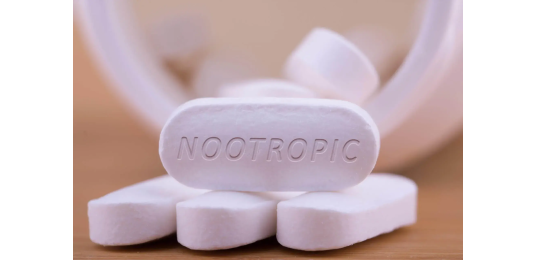
Nootropic peptides are gaining attention for their potential to enhance cognitive function. But before exploring their benefits, safety must be your top priority. It is vital to speak with a medical professional before considering any medication that is not FDA approved.
Understanding Nootropic Peptides: Mechanisms and Potential Benefits
These peptides interact with the brain and nervous system, potentially offering benefits like improved memory, focus, and neuroprotection. Examples include Semax, Selank, and Cerebrolysin. However, much of the research is still preliminary.
Safety and Risk Assessment: A Critical Perspective
Many nootropic peptides lack extensive human clinical trials. Potential side effects and long-term risks are not fully understood. Generic peptide quality varies, and unregulated products pose significant dangers. Consulting a healthcare professional is crucial.
Navigating the Nootropic Peptide Landscape: Responsible Use
If considering nootropic peptides, proceed with extreme caution. Research reputable sources (if applicable, with very strong caution), start with low dosages, and monitor effects. Be aware of potential interactions and ethical considerations. Always prioritize professional medical guidance.
Current Research and Future Directions
Research on nootropic peptides is ongoing, but a cautious approach is essential. The future may bring new applications, but safety remains paramount.
Conclusion: Making Informed Decisions for Cognitive Health
While nootropic peptides hold promise, the lack of extensive research and the risks associated with unregulated products demand caution. Prioritize safety and consult with a healthcare professional before considering any nootropic peptide. The risk of contaminated or impure products is high.